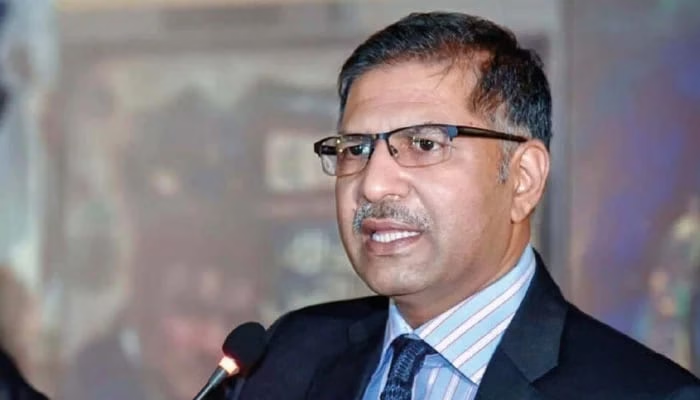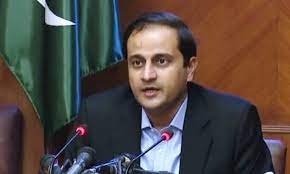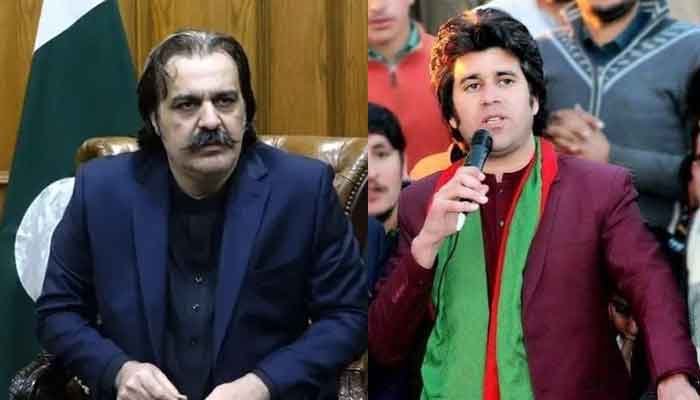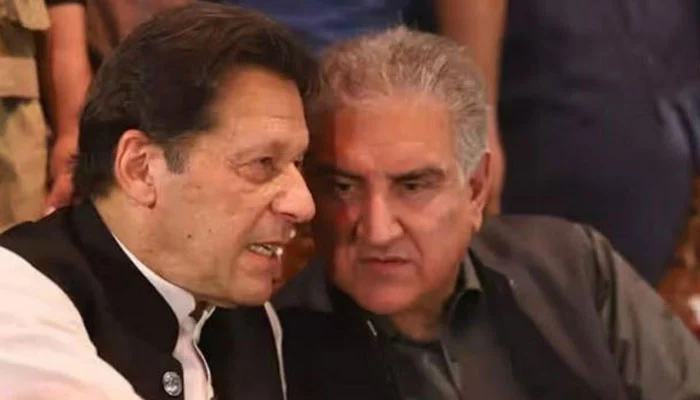Amid swirling rumors of backdoor negotiations between the Pakistan Tehreek-e-Insaf (PTI) and the establishment, Senior PTI leader Senator Ali Zafar has issued a firm clarification: PTI founder and former Prime Minister Imran Khan has categorically stated that any dialogue with the establishment must take place with him directly—not through intermediaries.
Speaking in an official statement, Senator Ali Zafar revealed that Imran Khan has forbidden the PTI leadership from engaging in negotiations with any entity on his behalf. The directive, he said, leaves no ambiguity about who should lead any political dialogue involving the party and the powerful quarters of the state.
The founder of PTI, Imran Khan, has made it clear: if the establishment wants to talk, it must do so directly with him. No one else is authorized to represent him in this regard, Senator Ali Zafar emphasized.
This public declaration comes on the heels of recent reports that PTI Chairman Barrister Gohar Ali Khan and Advisor to the Khyber Pakhtunkhwa government Barrister Saif had been tasked with initiating talks with the current government and other state stakeholders. These reports triggered speculation that PTI may be softening its hardline stance and preparing to negotiate a political settlement amid the ongoing standoff with the ruling coalition and establishment.
However, Senator Ali Zafar’s clarification has now quashed those assumptions, signaling that Imran Khan remains firm in his position and will not allow his party to be drawn into indirect or informal negotiations without his explicit participation.
A Stand Rooted in Principle
Imran Khan’s decision to centralize communication—particularly regarding potential reconciliation or political dialogue with the establishment—is not without precedent. Throughout his political career, Khan has projected himself as a leader of integrity, unafraid of challenging the status quo and unwilling to compromise on his core principles. His current incarceration in Adiala Jail on multiple legal charges has only reinforced his image among supporters as a symbol of resistance and resilience.
Analysts view Khan’s latest message as a calculated move to maintain political leverage, especially at a time when PTI’s organizational structure is under pressure, many of its senior leaders have faced arrests or defections, and the party’s participation in governance remains in flux.
By asserting that any political dialogue must take place directly with him, Khan not only reasserts control over his party’s narrative but also prevents dilution of his position through unauthorized discussions that might not reflect his vision or terms.
Political and Legal Backdrop
The statement also comes at a time when the political temperature in Pakistan remains high, with national and provincial assemblies in flux, the economy under severe strain, and public trust in democratic institutions being tested.
Imran Khan, who was ousted from power in April 2022 through a vote of no-confidence and later embroiled in a series of legal battles, continues to wield considerable political influence. His PTI party, despite facing what it calls political victimization,performed strongly in the February 2024 general elections, with many independent candidates aligned with PTI securing seats in the National Assembly.
In the aftermath, Khan’s imprisonment and legal challenges have been a major talking point, both domestically and internationally, leading many to speculate whether a negotiated resolution might emerge to stabilize the political landscape.
But with this latest announcement, any such expectations must now be reconsidered. Imran Khan is signaling that he is not willing to be sidelined in any talks that shape Pakistan’s political future.
PTI’s Internal Unity Under Scrutiny
Imran Khan’s directive may also be aimed at reaffirming internal unity within PTI’s ranks. By publicly reminding the leadership that he alone will lead any negotiations, Khan is ensuring that no faction or figure within the party independently pursues deals or compromises that contradict his political stance.
This is particularly significant in the current environment, where pressure on PTI’s leadership from legal and political fronts is intense, and decisions made in isolation could have far-reaching consequences for the party’s unity and public image.
As of now, the establishment has not publicly responded to this latest statement. Whether Khan’s offer to talk directly will be accepted—or if any talks will be initiated at all—remains to be seen.
However, what is now crystal clear is that Imran Khan is not backing down from his demand for direct dialogue, and he continues to position himself as the sole voice of the party, regardless of his physical absence from the political arena.
In Pakistan’s ever-evolving political chessboard, Imran Khan’s latest move has just added a new layer of complexity—one that may shape the next phase of the country’s political trajectory.



